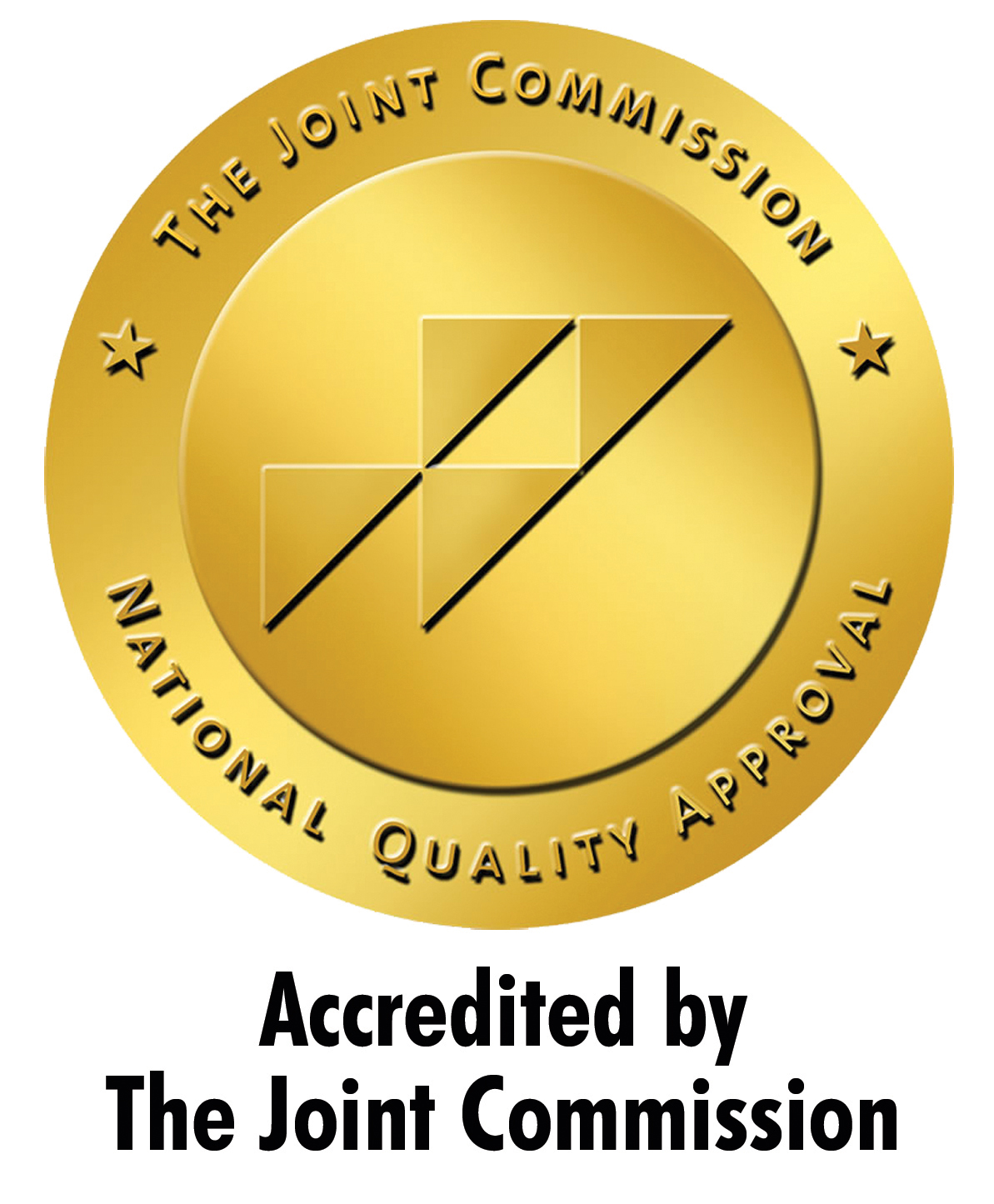Managing Your Diabetes ABCs can Lower Risk of Heart Problems
By Lu Ann Beavers-Willis, MSN, RN, CDE
October 29, 2014Diabetes. It’s heart-felt.
The National Diabetes Education Program and its Partners Raise Awareness About the Connection Between Diabetes and Heart Disease during National Diabetes Month. Click here to learn about our Diabetes Wellness Services.
More than 29 million Americans—or about 9 percent of the U.S. population—have diabetes, and it is estimated that one in every four people with diabetes does not even know they have the disease. In Ohio alone, diabetes affects more than 10 percent (1 of 10 adults) of the population. If left undiagnosed or untreated, diabetes can lead to serious health problems, including heart attack and stroke.
This November, the National Diabetes Education Program (NDEP) and Trinity Hospital Twin City are encouraging people with diabetes to “Be Smart About Your Heart: Control the ABCs of Diabetes.” This is a critical message because people with diabetes are nearly two times more likely to die from heart disease or stroke than a person without diabetes.
The good news is that people with diabetes can lower their chance of having diabetes-related heart problems by managing their Diabetes ABCs:
- A is for the A1C test (A-one-C). This is a blood test that measures your average blood sugar (glucose) level over the past three months.
- B is for Blood pressure.
- C is for Cholesterol.
- S is for stopping smoking.
“Managing the Diabetes ABCs can help prevent diabetes-related heart problems such as heart attack and stroke,” said Lu Ann Beavers-Willis, MSN, RN, Certified Diabetic Educator at Trinity Hospital Twin City . “Many people with diabetes do not understand that having diabetes puts them at increased risk for having a heart attack or stroke. The NDEP has many practical resources that can help people with diabetes understand how to manage their disease, which includes managing blood sugar, blood pressure and cholesterol, and stopping smoking.”
If you have diabetes, ask your health care team what your A1C, blood pressure, and cholesterol numbers are, and what they should be. Your ABC goals will depend on how long you have had diabetes and other health problems.
Please visit www.YourDiabetesInfo.org/DiabetesMonth2014 for more information about the link between diabetes and heart disease, and visit www.trinitytwincity.org to learn more about diabetes wellness activities that Trinity Hospital Twin City has planned throughout National Diabetes Month, including a free mini seminar on “Living Well with Diabetes” to be held on Thursday evening, November 13th.
The U.S. Department of Health and Human Services' National Diabetes Education Program (NDEP) is jointly sponsored by the National Institutes of Health (NIH) and the Centers for Disease Control and Prevention (CDC) with the support of more than 200 partner organizations.
« Back to Learning Center



